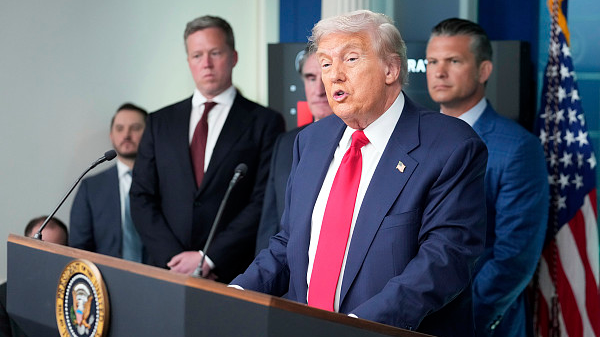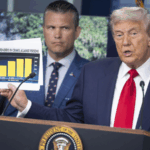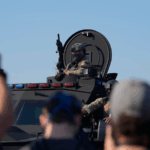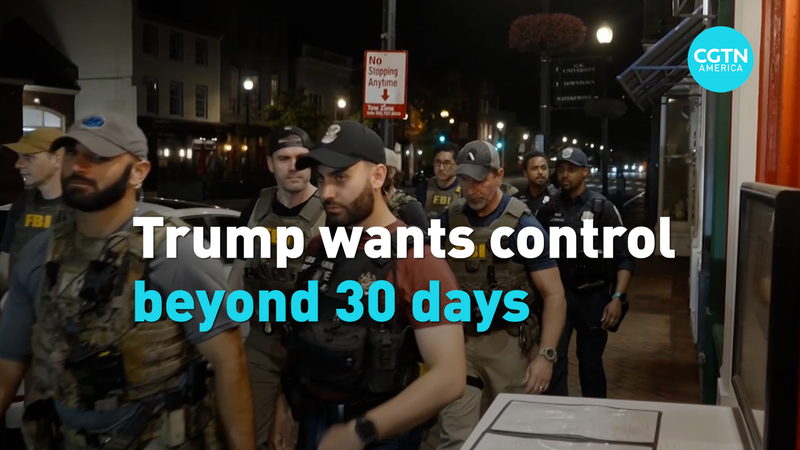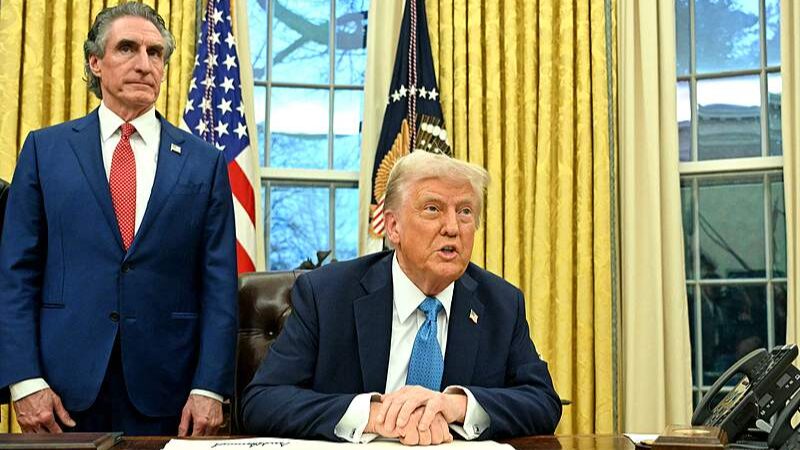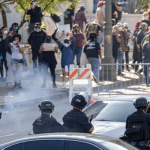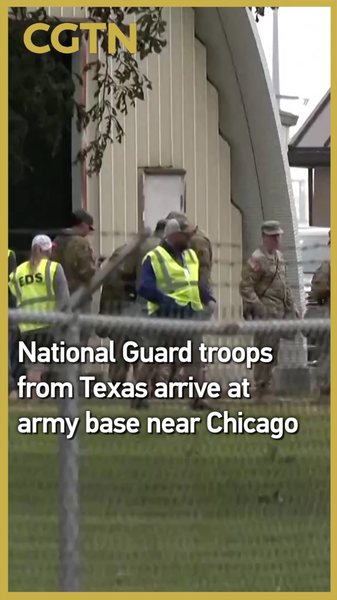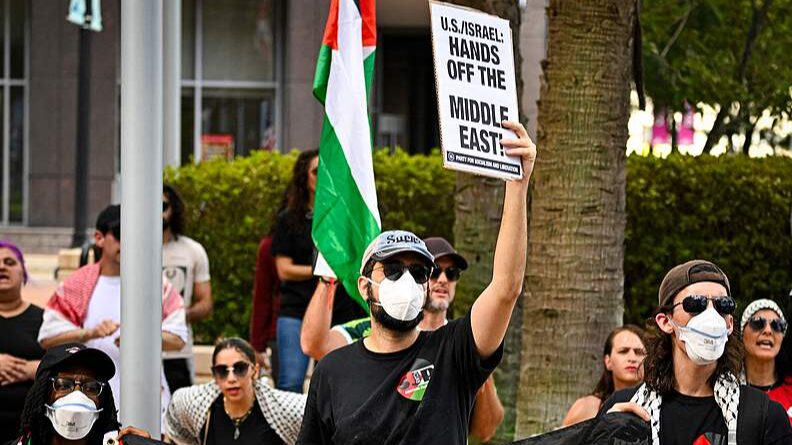U.S. President Donald Trump declared a public safety emergency in Washington on Monday, deploying 800 National Guard troops and temporarily placing the city's police department under federal control. The move, justified by the administration as a response to rising crime and urban decay, has sparked fierce debate over federal authority and local governance.
Federal Intervention or Overreach?
Invoking a 1973 statute, Trump cited Washington's 2024 homicide rate of 27 per 100,000 residents and vehicle thefts three times the national average as reasons for the emergency. He emphasized homelessness and infrastructure neglect as threats to federal operations, vowing to 'take our capital back' during a press conference. However, the order faces legal challenges and requires congressional approval to extend beyond 30 days.
Crime Data Sparks Dispute
Washington Mayor Muriel Bowser rejected Trump's claims, calling the deployment 'unprecedented' and highlighting a 26% drop in violent crime this year compared to 2024. Police data shows homicides and robberies at a 30-year low, contradicting the White House's 'bloodthirsty criminals' narrative. D.C. Attorney General Brian Schwalb labeled the action 'unlawful,' while Democrats accused Trump of a 'power grab.'
Historical Parallels and Legal Battles
This marks Trump's third major National Guard deployment, following the 2020 BLM protests and the 2021 Capitol riot. Critics argue the move tests legal boundaries, with ongoing disputes over similar actions in Los Angeles. Bowser reiterated calls for Washington statehood to prevent future federal takeovers, framing the conflict as a struggle for local autonomy.
Reference(s):
What to know about Trump's deployment of National Guard in Washington
cgtn.com
